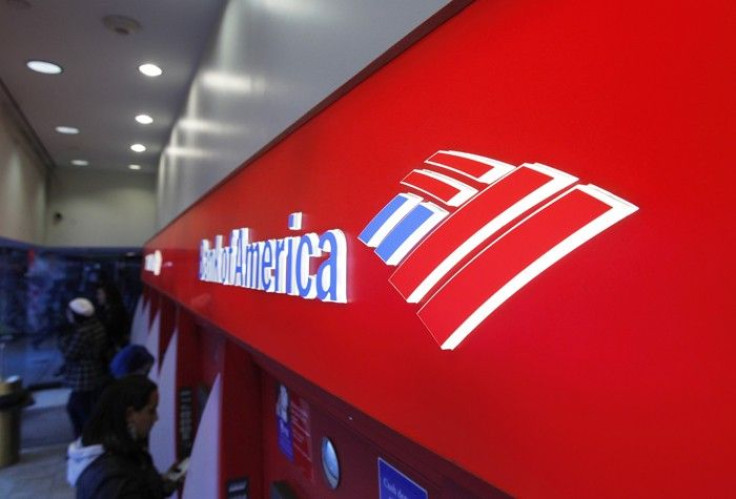Fed's Delay on Debit-Card Rules Could Benefit Major Banks (BAC, WFC, JPM, USB)

The delay by the Federal Reserve Board in adopting final rules to limit debit-card interchange fees could benefit largest banks, suggesting that the Fed has concerns about the rule's potential impact on the payment system and consumers.
The delay also gives Congressional proponents of a two-year delay for additional study more time to maneuver their bill through the Senate and House.
Susquehanna Financial said the major banks would benefit the most from a delay of implementing the Durbin amendment or a less-drastic reduction in debit-card interchange fees than the Fed staff proposal include Bank of America (NYSE: BAC), Wells Fargo (NYSE: WFC), JPMorgan Chase (NYSE: JPM), and US Bancorp (NYSE: USB).
Federal Reserve Board Chairman Ben Bernanke sent a letter to Senate and House committee chairmen yesterday saying the Fed would miss the April 21 deadline imposed by Dodd-Frank to adopt final rules limiting the fees that banks can charge merchants to process debit-card transactions, known as the Durbin amendment.
Bernanke cited the more than 11,000 comments that have been filed with the Fed since the Fed staff proposed a cap of 12 cents to process debit card transactions, roughly a 75 percent reduction in the fees that are currently about 1.3 percent of each transaction, or an average of 44 cents per transaction.
Bernanke said the issues raised by the Durbin amendment, which requires the Fed to limit debit card interchange fees to the ?incremental cost of processing debit card transactions, are complex and difficult. He said the Fed is committed to approving final rules before the July 21 deadline set in the Dodd-Frank bill for debit-card fee limits to take effect.
Analyst David Hilder of Susquehanna Financial views this statement as positive for banks with large debit-card businesses in two ways.
First, by acknowledging the many comments and the difficulty and complexity of the issues, Bernanke may be setting the stage for the Federal Reserve Board itself to adopt rules that are significantly different than the Fed staff proposal unveiled last December.
The Fed board could impose a different pricing structure than the staff recommendation or allow a higher limit than the staff's 12 cents per transaction.
Second, the delay gives the Senators and House members who have proposed a two-year delay in implementation for the purposes of a study more time to find a way to get their bill through the Senate (the tougher hurdle) and the House.
Hilder said: "The Fed's delay also gives those arguing for further study substantive support: if the Fed cannot figure out the new rules in nine months, does that suggest the original Durbin amendment, which was adopted with no hearings and virtually no floor debate, may have been ill-considered and fundamentally flawed?"
"We would expect consumer-bank valuations to improve if implementation of the Durbin amendment is delayed or if the Fed adopts rules less drastic than its staff proposal," the analyst said.
Finally, the Fed's delay indicates that the banking industry's arguments against the Durbin amendment, as ill-considered and having negative unintended consequences for consumers, with benefits largely accruing to the largest retail chains, is being heard by the Fed.
© Copyright IBTimes 2024. All rights reserved.











